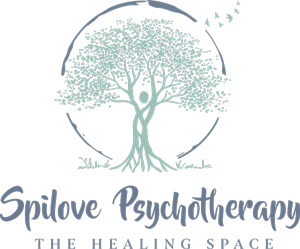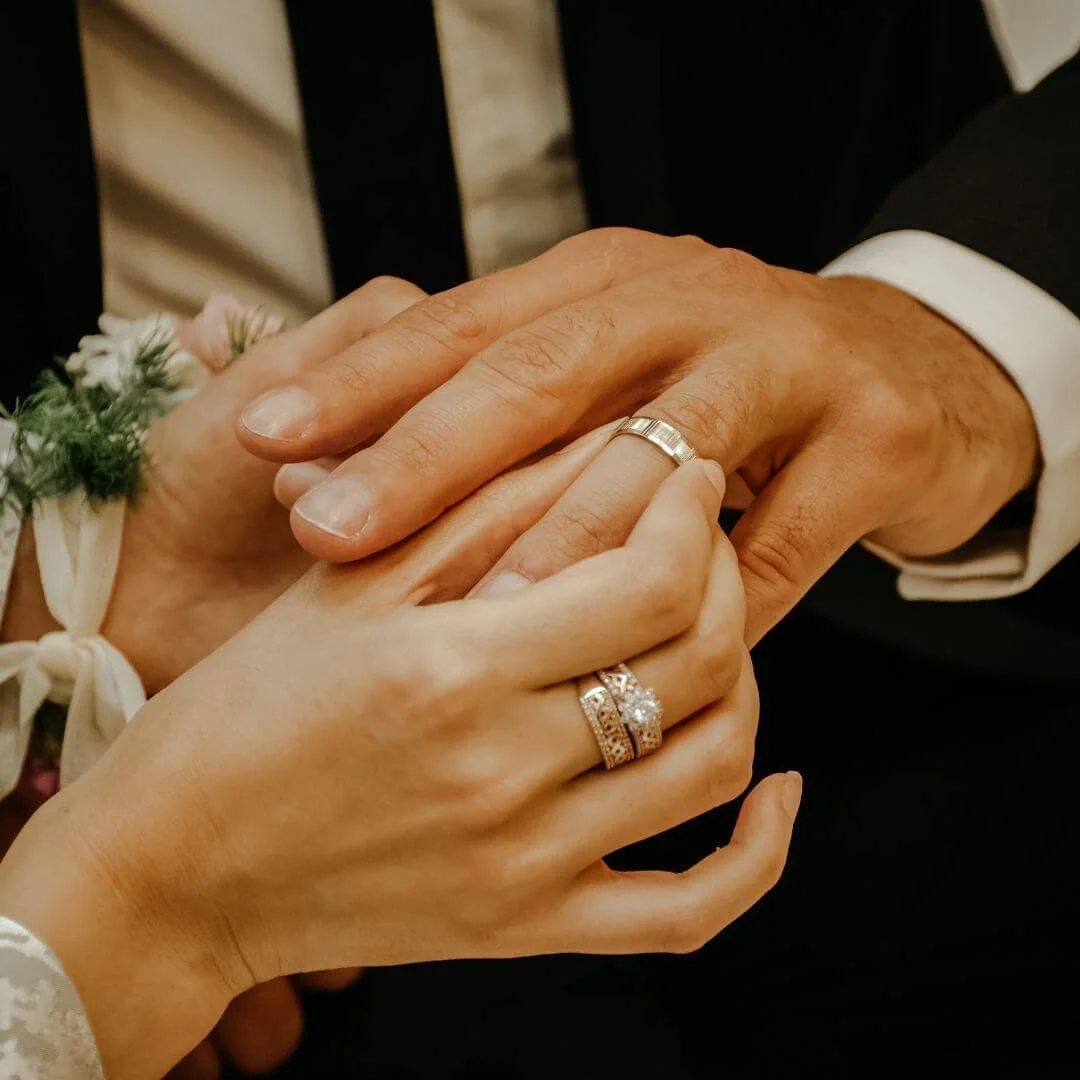DBT for Communication
by Megan Delp, MFT
The Dialectical Behavioral Therapy (or DBT) tenant called Interpersonal Effectiveness teaches us how to be a more effective communicator through learned to be a better listener. We have always known that progress depends on the ability to communicate effectively. The most effective communication does not begin with what a person says, but how well they hear the person they are communicating with. Only by listening effectively can you respond appropriately inany situation.
Throughout all forms of communication (reading, seeing, speaking, listening), we spend 40% of that time listening. And yet, we get less training in listening than in any other kind of communication. All throughout childhood, we are taught how to speak, how to read, but very little time is spent on learning how to listen. Learning to listen is difficult, but worth it.
For instance:
You can not NOT communicate. We're communicating verbally or nonverbally all the time.
Whenever contact is made, some form of communication does occur.
The true meaning of something is not in the words we use, it's in how people interpret the words.
Yet the meanings cannot be transferred. We can't just put a computer file directly in someone's head. We can only send the words. So listening becomes a critical skill if we are going to fully understand the meaning someone is trying to send us.
We have the ability to listen in many different ways - it is important to be able to distinguish how we are approaching our communication so that we are prepared to handle it effectively.
The Five Listening Approaches are:
1. Appreciative:
People are more likely to listen if you feel inspired by what you are hearing or if you are enjoying yourself. You’re not necessarily interested in the details when you are using Appreciative Listening, rather you are more focused on the impression of the experience.
2. Empathic:
This style is often a sounding-board to others. A person would offer support to the person they are listening to. They focus specifically on the feelings revealed by the person they are listening to. If you are often approached by people who need to confide or vent about something, you will know that's your typical approach to listening! This style is much more focused on offering compassion.
3. Comprehensive:
A comprehensive listener can recognize key details between one message and another even when the speaker is less than organized. They can also recognize when someone doesn't understand what is being said and can re-explain clearly in their own words.
4. Discerning:
This approach of listening wants to get all the information and may take detailed notes. Distractions can be very disturbing when using this listening approach. An example would be when other people are talking in class and you are trying to get all the notes.
5. Evaluative:
When listening with an evaluative approach, the listener will not automatically accept what is being said as true just because an expert says it. If they disagree, they will simply stop listening. They will also be more doubtful if the speaker is too passionate about their topic. This approach can be helpful when evaluating something and making a decision about it.
It can be highly useful to adapt your listening approach to the needs of the situation. For example, if a close friend is sharing their difficulties with you, you would want to be empathic and not evaluative. You have probably had the experience of someone giving you unsolicited advice when you really just wanted them to empathize with you! The opposite can also be true. When you recognize the correct listening approach in any situation, and use the appropriate listening approach, you can build better relationships, make the correct decisions and use your interpersonal effectiveness skills. It all starts with learning how to listen!
Megan Delp, MFTI
Megan is a pre-licensed Marriage and Family Therapist specializing in couples counseling and individual therapy for those struggling with depression, anxiety and relationship issues. Megan practices with Spilove Psychotherapy in West Chester, Pennsylvania and on the Main Line of Philadelphia in Bryn Mawr. For more information or to schedule a free 15 minute phone consultation, contact us here.
























